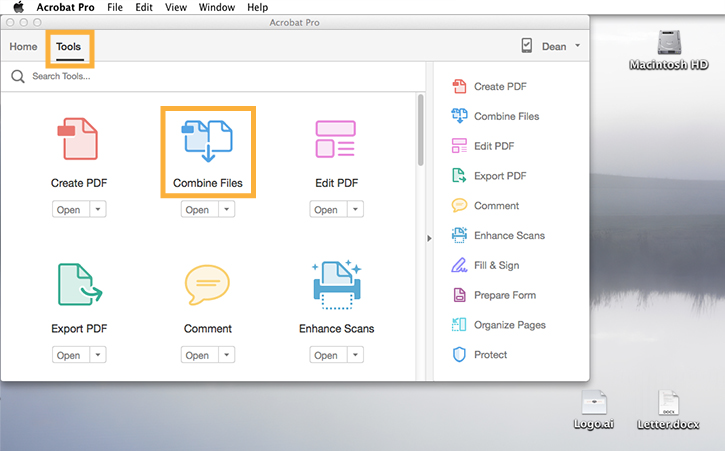고정 헤더 영역
상세 컨텐츠
본문

On this page.Now that we've command line-based diff/merge tools in Linux, it'd be logical to explain some visual diff/merge tools available for the OS as well. Reason being, not everybody is used-to the command line, and/or command-line based comparison tools could be more difficult to learn and understand for some.So, we'll kick off this new series with a GUI-based tool dubbed Meld. But before we jump onto the installation and explanation part, it'd be worth sharing that all the instructions and examples presented in this tutorial have been tested on Ubuntu 14.04 and the Meld version we've used is 3.14.2. About Meldis basically a visual comparison and merging tool that's primarily aimed at developers (however, rest assured that we'll be explaining the tool keeping in mind end-users). The tool supports both two- and three-way comparisons, and not only lets you compare files, but directories and ver sion controlled projects as well.' Meld helps you review code changes and understand patches,' the official website says. 'It might even help you to figure out what is going on in that merge you keep avoiding.'
C++ A Beginners Guide Pdf

A Beginner Guide To Gambas Pdf Merge Pdf
The tool is licensed under GPL v2. Meld InstallationIf you are using Ubuntu or any-other Debian-based Linux distro, you can download and install Meld using the following command: sudo apt-get install meldAlternatively, you can also use your system's package manager to download the tool. For example, on Ubuntu, you can use the Ubuntu Software Center, or, which has replaced the former starting version 16.04 of the OS.However, it may be possible that the version of Meld in Ubuntu's official repositories is old. So, in that case if you want to use a more recent version, you can download the package from.




